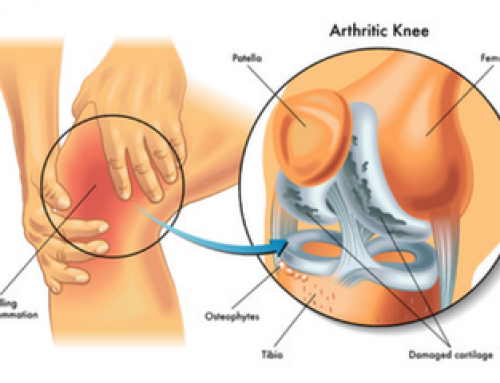The tomato extract
The tomato extract is extracted from natural plant tomato and its active ingredient is lycopene. Tomato extract, also known as tomato (Lycopene), is a carotenoid, and is a family of β-carotene. According to the latest scientific research, tomato extract is not only the basic nutrient component of the human body, but also has its unique pharmacological effects in increasing human immune function, inhibiting mutagenesis and anti-oxidation.
Application fields
The superior physiological function and anti-cancer of tomato extract are known as “the new darling of health products in the 21st century.” It has a wide range of development space in the fields of medicine and health care, food additives, cosmetics, and food coloring.
Lowering blood pressure and lowering blood fat
vitamin C, lycopene and fruit acid can lower blood cholesterol, which is beneficial to hyperlipidemia and can prevent atherosclerosis and coronary heart disease. It also contains a large amount of potassium and alkaline minerals and mercury compounds, which can promote the discharge of sodium salt in the blood. It has antihypertensive, diuretic and anti-tumor effects. Lycopene has a good auxiliary therapeutic effect on hypertension and kidney disease. Linoleic acid lowers blood lipids and prevents arteriosclerosis.
Delay aging and prevent cancer
Tomato contains antioxidants such as vitamin E, lycopene and glutathione. These substances can eliminate free radicals in the body, protect cells and prevent cancer. According to research, long-term consumption of tomato and its products can reduce pancreatic cancer and rectal cancer. The risk of cancer such as laryngeal cancer, oral cancer, prostate cancer, and breast cancer.
Help digestion and reduce bloating food
The organic acids and vitamins such as dietary fiber, malic acid and citric acid in tomato extract also increase the acidity of gastric juice, help gastric juice to digest food, reduce food bloating, prevent constipation, and have the effect of regulating gastrointestinal function. The function of gastrointestinal disease rehabilitation.
Enhance immunity
Lycopene protects phagocytic cells from oxidative damage, promotes proliferation of T and B lymphocytes, stimulates T cell function, and reduces oxidative damage of lymphocyte DNA. Lycopene can promote the secretion of interleukin 2 (LI-2) and interleukin 4 (IL-4) and improve the immunity of the elderly. It is suggested that lycopene also has a significant promoting effect on the main indicators of non-specific cellular immunity.
Inhibition of osteoporosis
The normal bone metabolism process is a dynamic equilibrium process of bone resorption and bone formation. Lycopene inhibits bone resorption in vitro by inhibiting the production of reactive oxygen species by osteoclasts. Lycopene inhibited the osteoclast function of osteoclasts after oxidative stress in a concentration-dependent manner. The higher the concentration, the stronger the inhibition, and it can promote the proliferation and growth of osteoblasts and increase their mineralization ability. The lycopene can effectively eliminate oxygen free radicals in ovariectomized rats, reduce the level of oxidative stress in the body, reduce bone loss and delay the occurrence of osteoporosis.
In addition to the above functions, tomato extract can also prevent rickets and night blindness, blood, beauty, weight loss, antibacterial, skin light protection and many other functions.








Leave A Comment